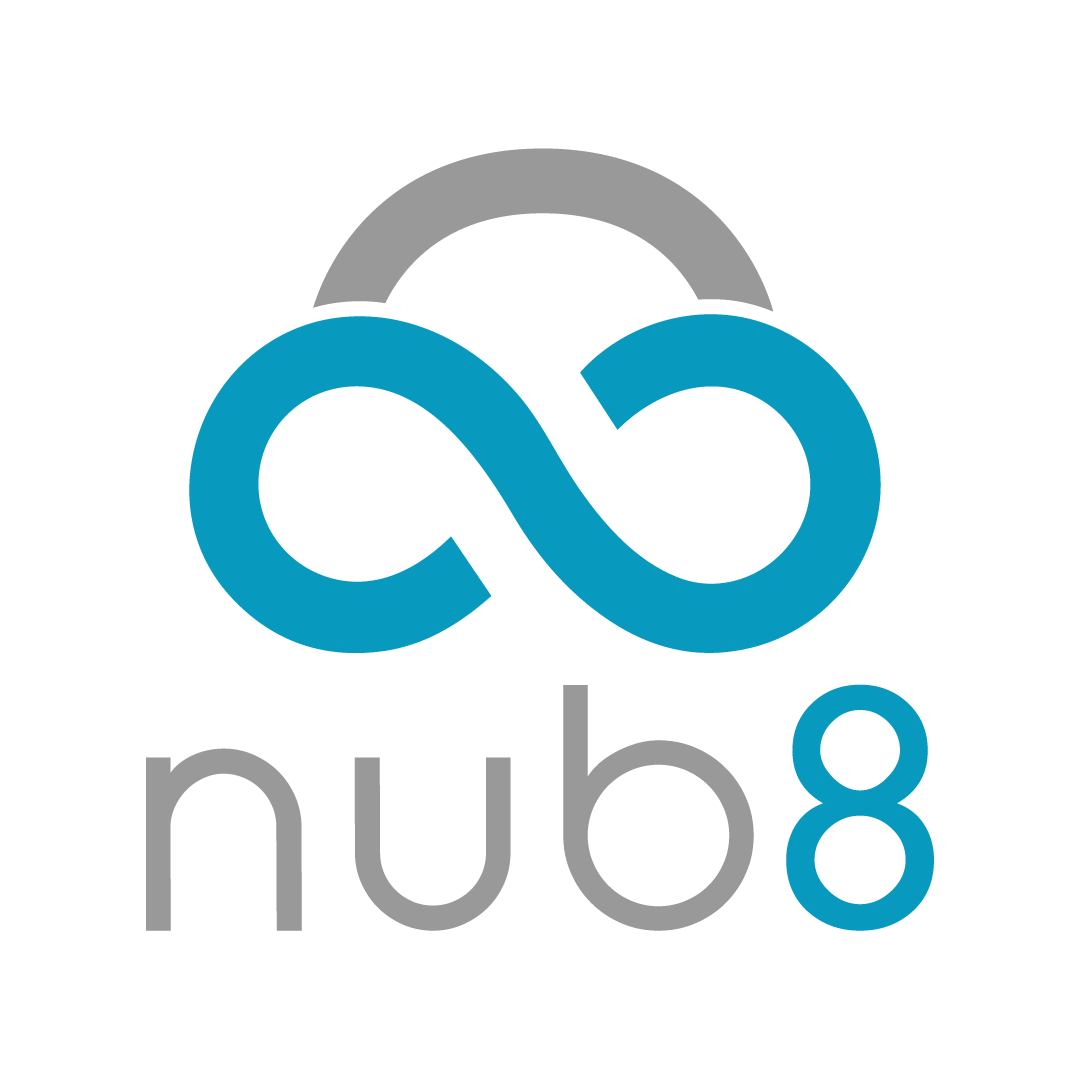Corporates recognize that all of the new technologies and solutions, they want to deploy – IoT, edge computing, serverless, hybrid cloud, and AI – require a strong, robust, safe, self-healing, software-driven network. And the network industry has answered with fresh new approaches such as software-defined networking (SDN), SD-WAN, hyperconverged infrastructure (HCI) and intent-based networking. Cisco and Juniper are leaders in networking products. But different market research studies favor Juniper as:
- Juniper Networks was named by Gartner as a Leader in the 2018 Magic Quadrant to Data Center Networking, rating them highly in both ability to execute and completeness of vision.
- The 2018 Forrester Wave™ report ranks Juniper Networks as a leader in Data Center Hardware Platforms for Software-Defined Networking.
- According to Gartner Peer Insights, Juniper Networks earned the overall rating 4.6 based on 155 reviews. Product capabilities were rated 4.7.
Following are some of the reasons that Juniper have strong edge over its competitors:
1. Leader in high quality routing, switching, and security
Organizations looking for more defined solutions normally consider Juniper. Its intense focus on the security realm lends itself to a higher tier of solutions. Cisco tries to be all products to all vertical sectors. Juniper focuses on specific area of solution based on routing, switching, and security. Two of Juniper’s most high-performing switch series are the EX Series and the QFX Series. The Juniper EX Series is made up of nine subseries of switches, most of which are access- and aggregate-level switches. The QFX Series includes only three subseries of switches, the QFX5100, the QFX5200 and the QFX10000. These switches are capable of very high speeds and dense port configurations, which makes them best suited for large enterprise and service provider networks.
2. Configuration Architectures
Comparing Cisco vs Juniper routers also shows that although modular Cisco and Juniper routers both have mechanisms for customizing port configurations and modules, the systems are very different. Cisco uses line cards, which are inserted directly into the router chassis, compared with Juniper routers, which use a multi-layered system involving Modular Port Concentrators (MPC) and Modular Interface Cards (MIC). In case of Juniper router chassis, the MPC goes into the chassis, and then multiple MICs are inserted into the MPC. Many network analysts recommend Juniper module configuration architecture, so definitely Juniper is better choice from futurist vision perspective.
3. Operating System
IOS (Cisco operating system) conventionally is a monolithic operating system, which means it runs as a single operation and all processes share the same memory space. Because of the latter feature, bugs in one operation can have an impact on or corrupt other processes.
JUNOS (Juniper operating system), on the other hand, was constructed as a modular operating system. The kernel is based on the open source FreeBSD operating system, and processes that run as modules on top of the kernel are segregated in exclusive, protected, memory space.
That’s why Juniper more preferred Networking choice for companies that need strong operating system support in their solutions.
4. Market Monopoly
Cisco’s proprietary approach, broad product portfolio, and dominant market position do little to allay fears of getting locked in. Customers see Juniper as a counterpoint to Cisco’s market power and premium pricing strategies. Majority of enterprise organizations have a policy for mission critical services to be vendor agnostic as much as they possibly can. What this means is you can’t have a network that is 100% reliant on one vendor. In addition, by maintaining a spend with a competitor, organizations have leverage with their primary vendor. So for example, if a company spends $50 million a year with Cisco and $20 Million a year with Juniper during an RFP process for a large project they can threaten to go with the other vendor to get price concessions.

Nub8’s Juniper-certified consultants can assist your company to plan, configure, manage, and support the entire range of Juniper security and connectivity products. Our network infrastructure expertise includes:
- Network Design, Security Design, Design Review and Verification, Migration Planning, Integration Planning
- SNMP, Syslog, and DHCP server configuration
- Network Time Protocol (NTP), Interfaces including Frame Relay, Virtual LAN (VLAN)
- High availability via Virtual Router Redundancy Protocol (VRRP)
- Network Health Check, Routing Policy Optimization, BGP Peering Analysis
- IGP authentication, summarization, routing policies, redundancy design and implementation
- External and Internal BGP configuration, load balancing BGP routes, and ISP mutlihoming
